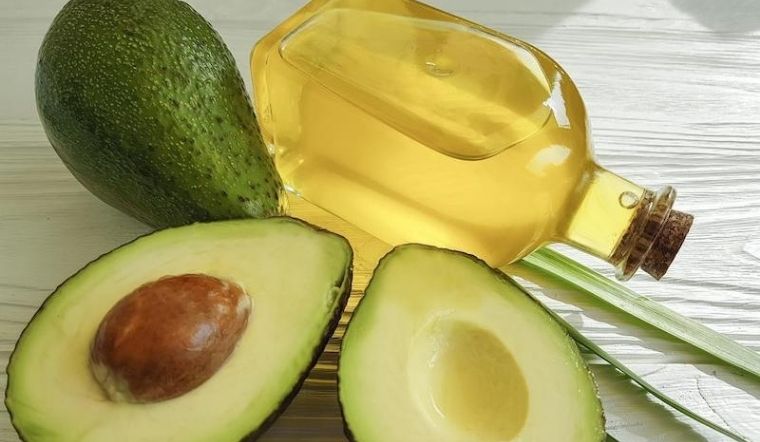Shea butter is a type of oil extracted from the nut of the shea tree. This oil is commonly used in food and also has various uses in cosmetics. It contains omega-3 fatty acids and vitamins A, D, and E, which make it a great choice for skincare. Shea butter is often used as an ingredient in moisturizers and sunscreens. Let’s explore the amazing benefits of shea butter for your skin.
Moisturizing and nourishing
Shea butter provides moisture and nourishment to the skin. It contains vitamin E, potassium, lecithin, and other nutrients that moisturize the skin and make it softer. The outermost layer of the skin, known as the epidermis, easily absorbs these nutrients and helps in the formation of new skin.

Reducing hyperpigmentation
Shea butter is known for its ability to effectively reduce hyperpigmentation. Simply apply a small amount of shea butter to the affected areas before bedtime and leave it overnight. It is recommended to consistently follow this method for 2-3 months to see results.
Protecting against UV rays
The basic components like beta carotene, lecithin, protein, fatty acids, vitamins A, D, and E present in shea butter moisturize and protect your skin from UV rays, ensuring healthy and reducing signs of aging caused by sunlight.
Preventing and treating acne
Applying shea butter on the face for a short period of time and then rinsing it off with warm water helps reduce excess oil and prevent acne. Shea butter also has anti-inflammatory properties that can help reduce redness and inflammation associated with acne.
Healing wounds
Linoleic acid, oleic acid, and other monounsaturated fatty acids in shea butter can promote collagen synthesis, creating new connective tissue. Essential fatty acids in shea butter are also found to help reduce inflammation during the healing process.

Treating psoriasis
Shea butter can help treat skin conditions like psoriasis, especially when combined with vitamin B12. It can help reduce symptoms of psoriasis over time. Furthermore, a vitamin B12 cream containing shea butter can be used as a treatment method for skin issues.
Shea butter is packed with skin-loving nutrients like vitamin E, potassium, and lecithin. These nutrients are easily absorbed into the epidermis (the outermost layer of the skin), providing deep moisture and supporting the formation of new, healthy skin cells.
Yes, shea butter is known for its ability to effectively reduce hyperpigmentation. Applying a small amount to affected areas before bedtime and leaving it overnight can show noticeable results with consistent use over 2-3 months.
Shea butter contains essential components such as beta-carotene, lecithin, protein, fatty acids, and vitamins A, D, and E. These nutrients work together to moisturize the skin and create a protective barrier against harmful UV rays, helping to prevent and reduce signs of aging caused by sunlight exposure.
Absolutely! Applying shea butter to the face for a short period and then rinsing it off with warm water helps balance the skin’s oil production and prevents acne. Its anti-inflammatory properties also reduce redness and inflammation associated with acne breakouts.
Yes, shea butter is rich in linoleic acid, oleic acid, and other monounsaturated fatty acids, which stimulate collagen synthesis and promote the formation of new connective tissue. This helps accelerate wound healing and reduces inflammation in the affected area.
Shea butter is beneficial for treating skin conditions like psoriasis. When combined with vitamin B12, it can effectively reduce symptoms over time. Vitamin B12 creams containing shea butter are also available as a treatment option for various skin issues.



































